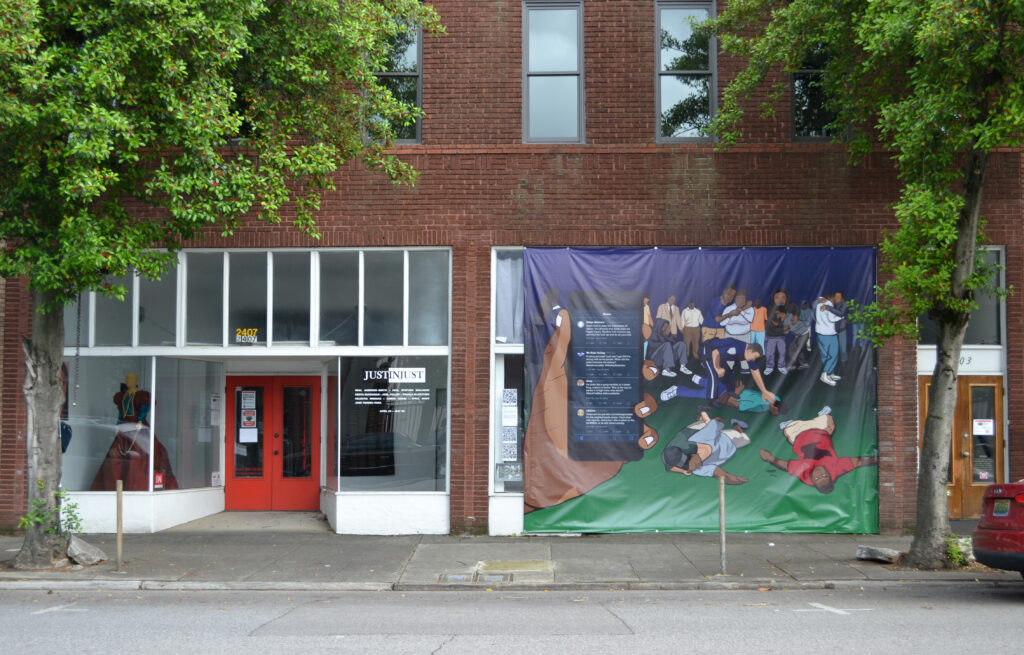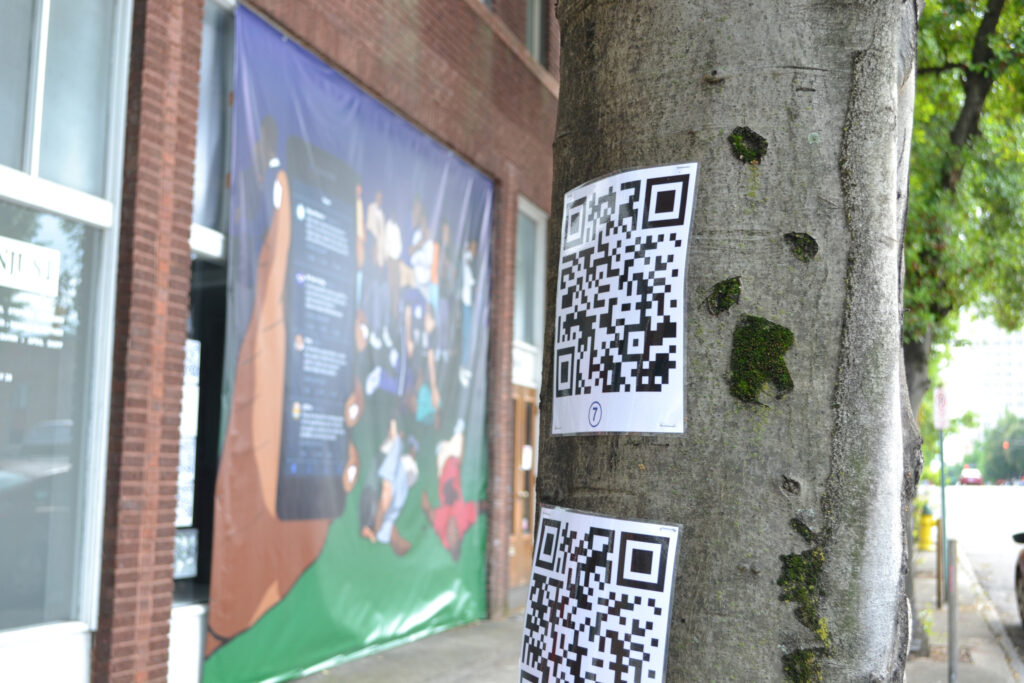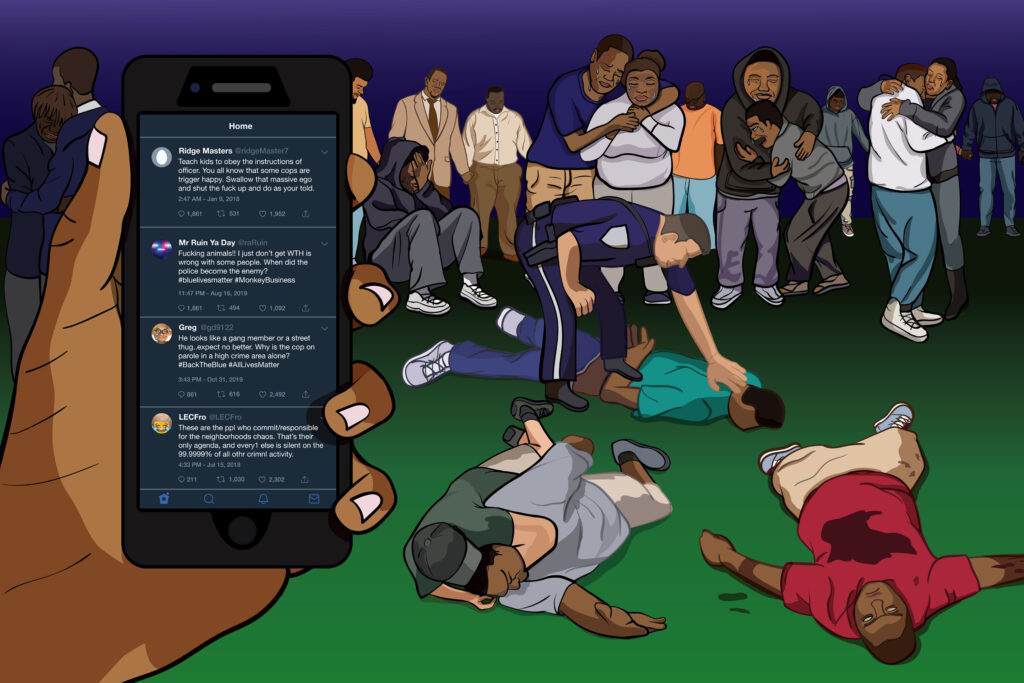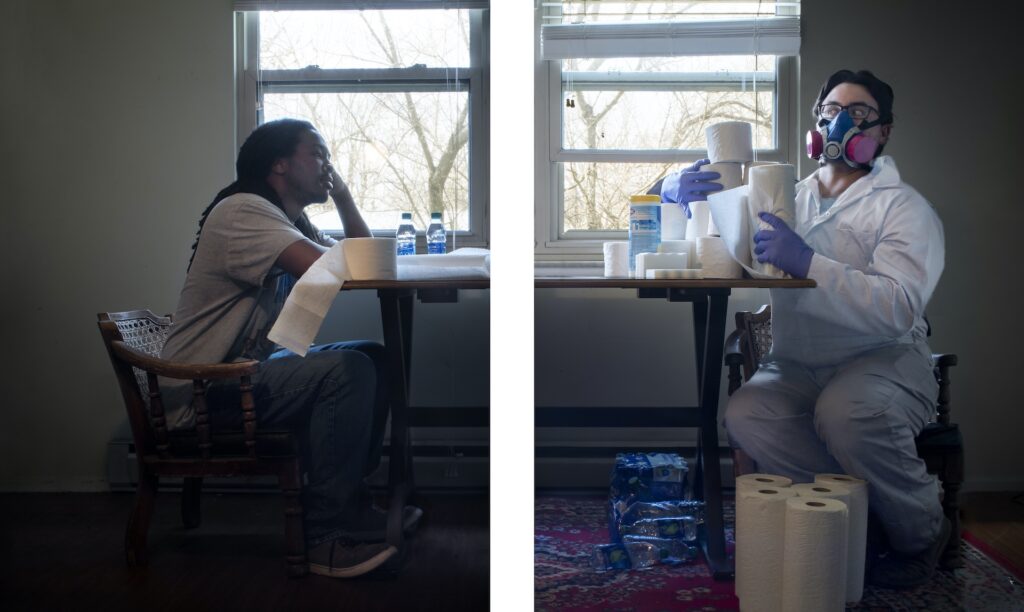Just Injust, 2021
In America, there is no “post-racial” society. As a young black man in America. I am touched by racism at every moment. In my sleep, I am touched by it. Even in death, I will be touched by it. Not a day goes by that I do not fear that today, a deranged white person will kill me. That cold feeling on Sunday morning when I attend church with my family and the next Dylann Roof will kill me at our place of worship. When I go home and that bomb will detonate at my house like the 2018 Austin, Texas serial bombings. That police cruiser continually trailing me and I wonder. Will I be the next Philando Castile? America is just as racist as it was back in the 1950s and 60s. We do not live in a “post-racial” America. The game has not changed, the faces are just different.
“I don’t understand, why is race an issue?” — White America
In America, there is “White Innocence ” — an innocence that serves as a quiet affirmation of the continuing racial paradigm against black Americans. First used by Gloria Wekker from her book White Innocence: Paradoxes of Colonialism and Race, the term was used in reference to her Dutch ancestry, where the same issues of racial denial were and still remain present. We look to use this term when connecting the systematic rejection of white Americans toward racial discrimination and the adverse effects of silence. In this series, we take inspiration from William Pope L. by using satire not simply to examine the stereotypes surrounding race but to dissect the damage these preconceptions do to both black and white individuals and, more broadly, to society. This includes but is not limited to the continued use of blackface, black cultural appropriation, and black people being seen as commodities of entertainment, objects of obsession, and subjects of fear. It is in this recognition that we understand the racial
divide still taking place in what we were raised to believe was a “post-racial” America.
“The game hasn’t changed, the faces are just different”— Black America
Joel Addison Fuller (b. 1993) is an artist born and raised in Birmingham, Alabama, a city known for its history of degradation and dehumanization of black people during the Civil Rights Movement. He is the nephew of Audrey Faye Hendricks, the youngest child arrested in the Civil Rights Movement at the age of eight years old. His family not only participated in the movement, but risked their body, economic security, and their lives fighting for equal rights. While his aunt is no longer here, he honors her memory and legacy, being told to never let our struggle fade into history. He holds a Bachelor of Fine Arts Degree in Art + Design from Butler University. Shortly after receiving his Bachelor’s, he became a visual arts teacher for the Birmingham City School. He holds an M.F.A. in Digital Art from Indiana University, Bloomington with a focus on Virtual Reality and the Civil Rights Movement. His work has been displayed nationally, including Kentucky, South Carolina, Alabama, and Indiana.



